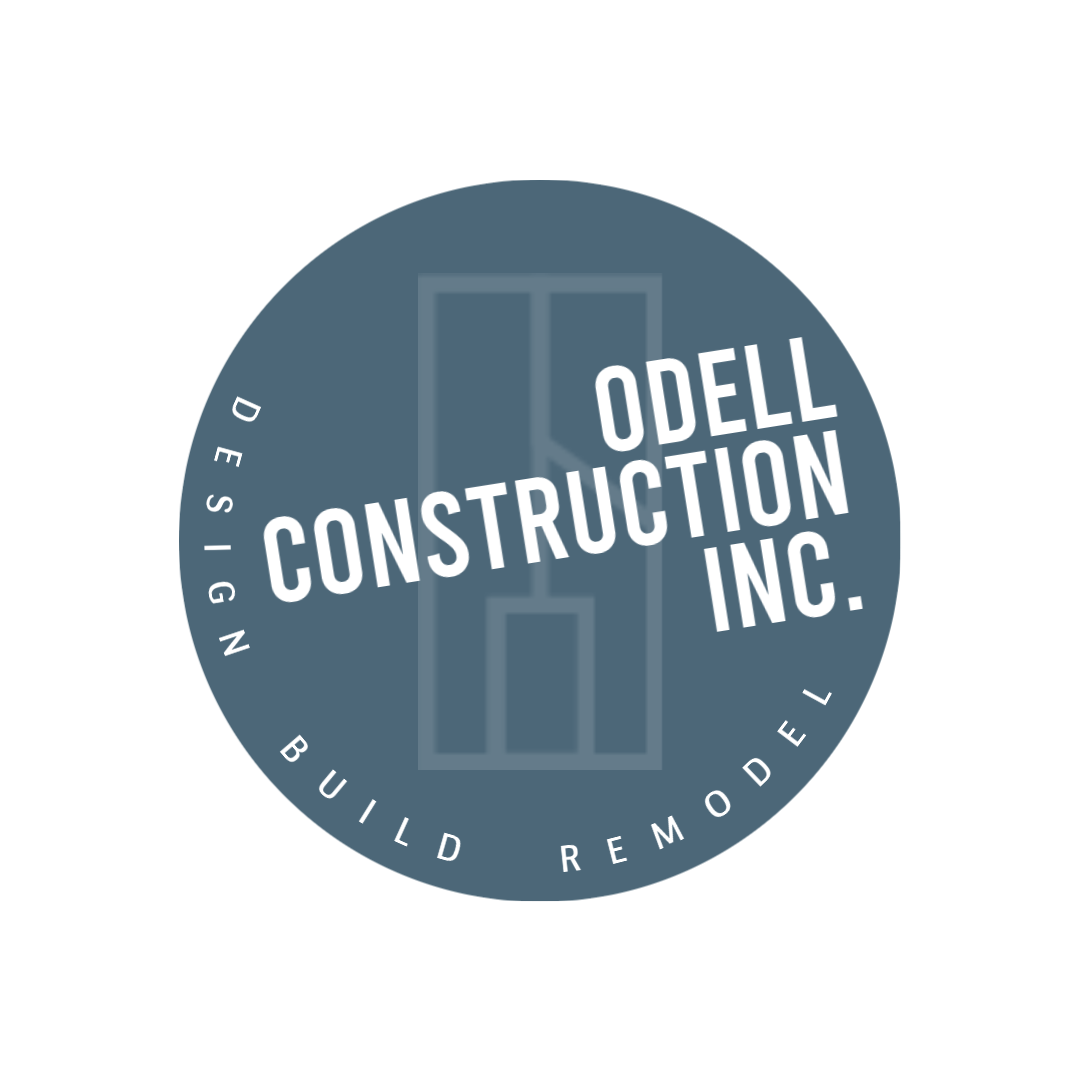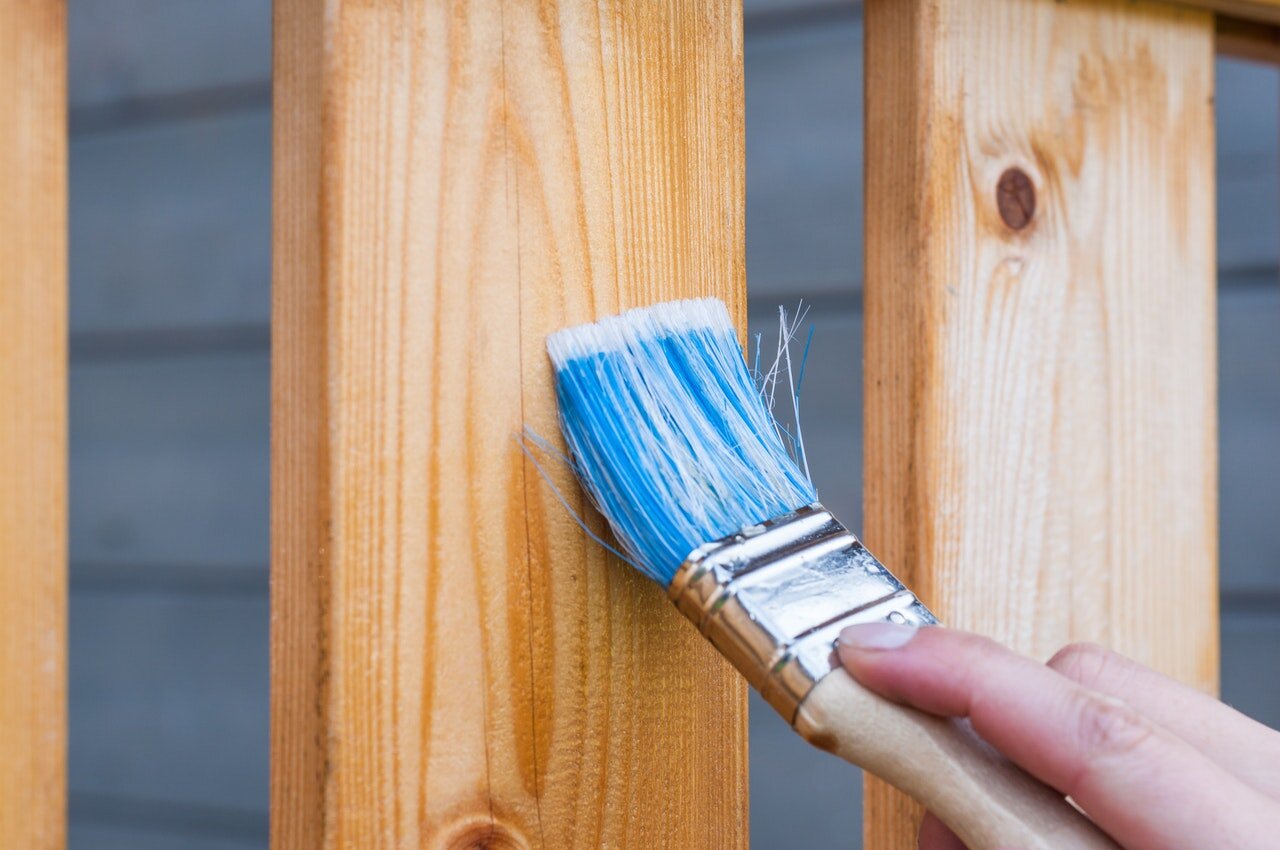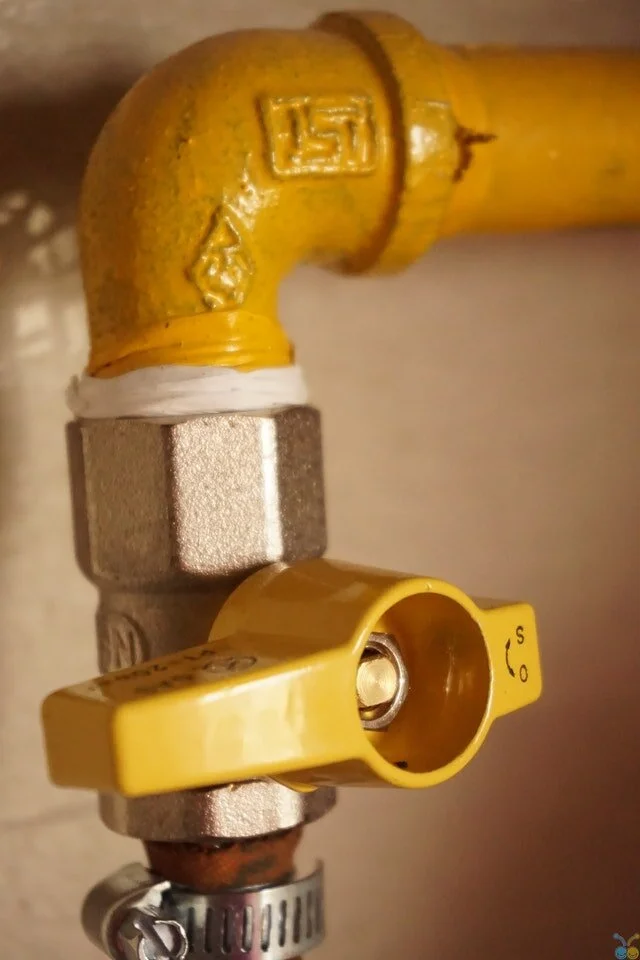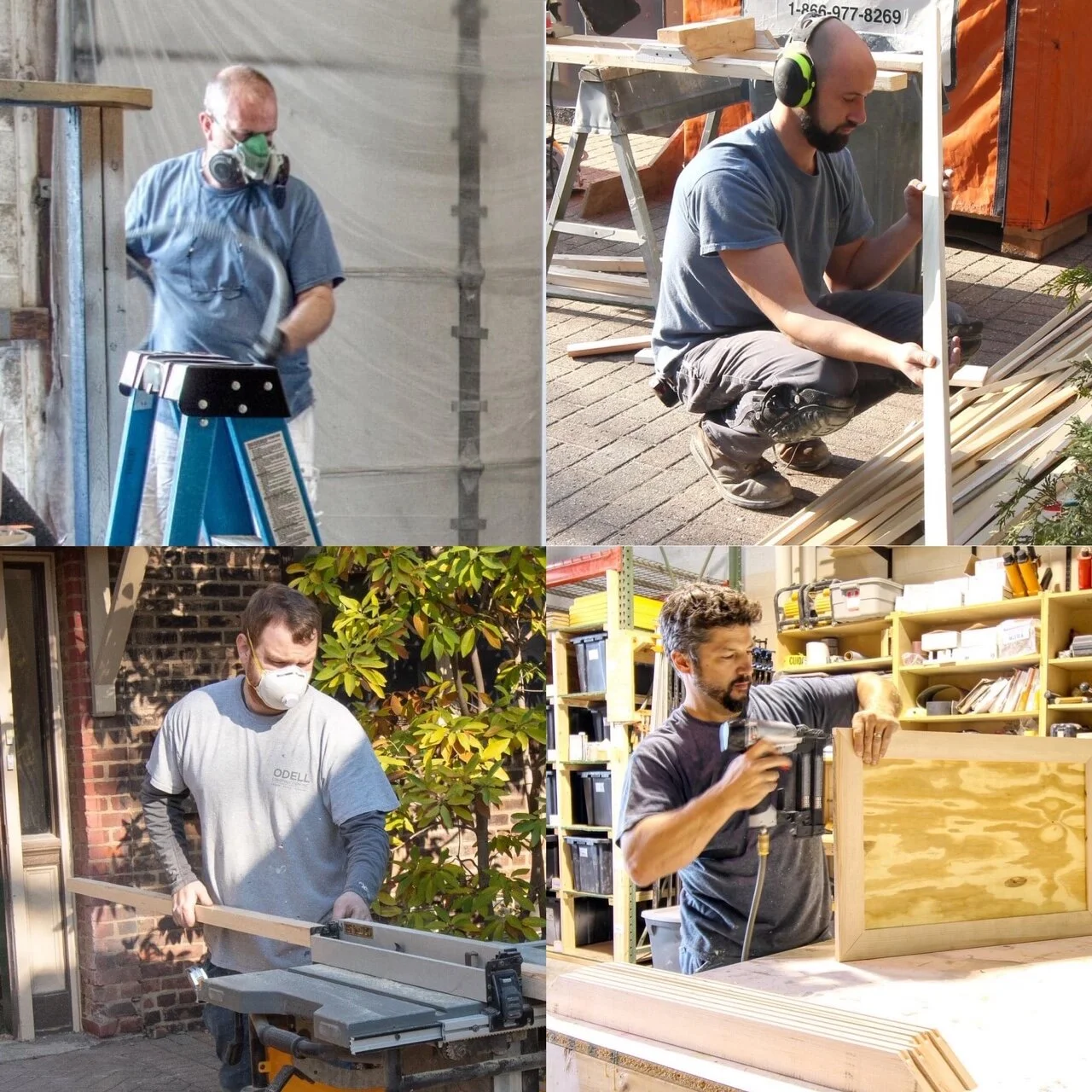How To Hire The Right Contractor For The Job And Save Hours Of Research.
What type of contractor should I hire?
What kind of contractor do I need?
Do you need just a drywall repair? Or an extensive kitchen remodel? Chances are, you won’t be hiring the same contractor for both, unless each project is completed simultaneously. In this blog post, we want to dig deeper and go into more details in order to help homeowners understand which contractors are best suited for certain types of home improvement projects.
Not all contractors are created equally due to differences of company structures, overhead, and scope of work they are best suited for. Hiring the right one can not only save you money, but time, and potential project roadblocks. We are here to help steer you in the right direction!
how to know when to hire a contractor.
You can do small projects yourself such as, painting (cabinets, walls, easy to reach exteriors), small landscaping projects, dry wall repairs, home decor, small floor coverings, or minor trim work.
Here’s Why:
Often times learning how to complete a simple and basic home project via DIY videos or from a book/blog will take less time than calling around and trying to find a handyman to complete the work. Simple projects like staining railing, painting a room or fixing trim can also be easy and rewarding!
On the other hand, If you choose to go the DIY route, make sure to assess safety precautions, potential property damage, and of course, your knowledge of the project itself. We recommend that any project more than minor cosmetic updates (ex: installing all new cabinets) need to be performed by a licensed professional. A study by ImproveNet reported by Remodeling Magazine states that, “nearly one third of homeowners that tried to undertake projects themselves ended up calling professionals to fix their mistakes.”[1]
Also, ask yourself, how do you value your time? Would it be worth the extra cost for a contractor if it saved you exponentially time-wise?
How do I know if my project requires a handyman?
Handy men are best suited for fixture installation (lighting, fans, sinks, toilets), small floor and/or vanity replacement, and repairs.
Here’s Why:
Handyman contractors are like the Swiss Army knives of odd-jobs and fixer-upper type projects. They are great fit for small repairs such as drywall, doors, windows, as well as for small installation projects like ceiling fans, sinks, and light fixtures, etc.
Just because handyman businesses are typically used for smaller projects, still follow the proper procedure of making sure that they are licensed to perform the task at hand, insured, provide worker’s compensation for their employees, and have stellar reviews.
How to know if my project is Best Suited for a Specialty/Trade Specific Contractor?
Plumbing, HVAC, electric, masonry, roofs, interior/exterior painting, siding, concrete, decks, large-scale landscaping projects, and counter-top, tile and flooring installers
Here’s Why:
These types of contractors are usually hired directly by homeowners, or by general contractors using them as a piece to their overall project puzzle. Trade-specific companies such as plumbers, electricians, or HVAC, have a very quick turnaround due to some of their service items needing a timely fix like a broken furnace in the winter, or a leaky toilet.
Replacement contractors on the other hand, such as roofers, painters, and flooring or window companies, might have a lead time due to their currently contracted jobs. Although the lead time for these trade specific/specialty contractors can vary based on project types, both types of companies are structured in a way that is the most cost effective and efficient for their honed in services.
Furthermore, you wouldn’t hire a general or design-build contractor for these singular services. If you decided to take on the role of general contractor yourself, then you would individually hire these companies and manage them to complete your project. However, without proper experience or knowledge, managing your own project can lead to a disconnect of planning and execution, mistakes, redoing work, dragged out timeline, and additional associated costs.
What Projects are Best Suited for Restoration Contractors?
Restoration contractors restore damage from storms, revive abandoned or neglected homes, and deal with other natural or bio-hazardous cleanups like sewage and plumbing leaks.
Here’s Why:
If in the unfortunate circumstances a restoration contractor is needed, call your home insurance company and they can help refer to you to a company in your area. If you need immediate assistance due to natural or health disasters such as flood, fire, mold, animal infestation, or even a biohazard cleanup, a restoration company is able to handle these emergency type services.
The main priority of these restoration companies is to preserve and prevent further damage to the home. They may even have handyman or remodeling services available once number one priority of cleanup has taken place.
What Home Projects are Suited for a General Contractor:
Major or minor remodels that may or may not include a total gut of the space but do not include design work.
Here’s Why:
What type of contractor is right for your job?
Reputable general contractors are usually licensed, insured, and if they aren’t registered with your city, they will. By hiring a GC, you are essentially entering a business transaction based on the understanding that the GC will hire and manage subcontractors in order to complete your project.
If you have already been working with a designer and/or architect, hiring a general contractor would be your best bet because the plans to the project are already in place. Since the general contractor isn’t helping you with design or selections, this hiring decision is less relationship driven than say, design-build, and the risks of miscommunication is greater.
What types of Projects are Suited for a Design-build Contractor?
Major remodels in which client wishes to have all aspects of design and construction under one roof: kitchens, bathrooms, basements, additions, multi-room or whole house remodels, extensive renovations, and other large-scale interior or exterior projects
Here’s Why:
Design Build: Type of Contractor.
All Design-Build contractors are general contractors, but not all general contractors are Design-Build. Design-Build is special in that they are typically your first and only contact. These companies provide everything you need to complete your projects. They bring in-house employees and subcontractors such as interior designers, architects or structural engineers (if needed), carpenters, plumbers, electricians, HVAC, etc. Everything from concept through to completion is executed under one umbrella, allowing for effective communication between homeowner and contractor.
These types of contractors often have longer wait times because of the extent of thoroughness of the process, however the pros of hiring this type of contractor heavily outweigh any cons. Imagine not having to manage your own project timeline and being guided through a very specific and well planned process every step of the way.
Making Life Worthwhile
Make your mark on the world through a stable foundation designed for permanence with home design and renovation aimed to preserve and nurture the relationships that matter most.
Building rooms of distinction designed with the intention to be treasured and appreciated for years to come. Making way for the safeguard of the things that make life worthwhile through integrity, mastery and innovation.
It’s time to provide your family with the home they deserve.
If you are ready to provide your family with a home customized and built specifically for the way your family functions then Design-Build is the contractor style for you.
Contact us today to learn more about to possibilities of your project!
Key takeaways
When determining what type of contractor(s) to reach out to, first define the size and scope of the project. Those two factors should guide you in the right direction. Each type of contractor has their own area of expertise, and to really be able to utilize them properly you have to be able to assess your project first.
We hope this helps you choose the right contractor for your projects! We are here to answer any questions you may have, please feel free to reach out. We’d love to hear from you.
[1] https://www.remodeling.hw.net/business/study-reveals-diy-projects-most-likely-to-fail_o







